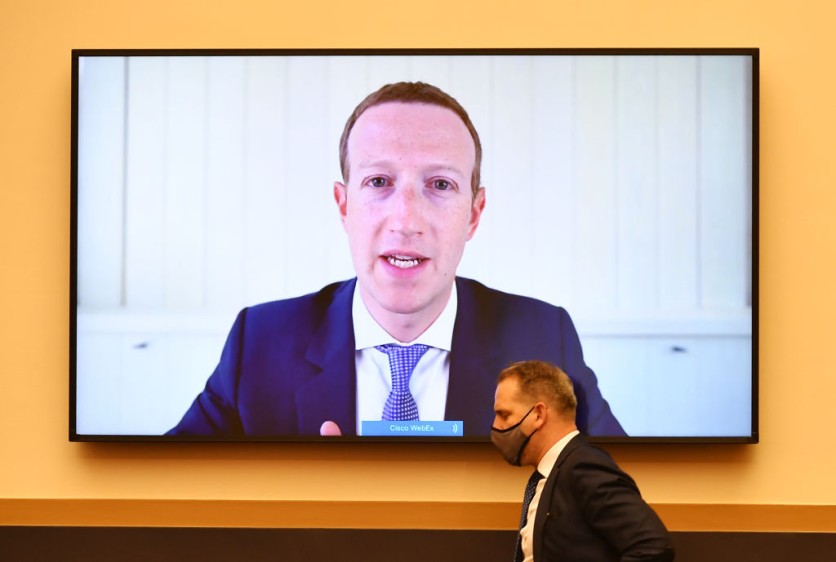
If Facebook users are trying to share an article (after merely reading the headline), a pop-up will tell you to read it first.
The social network is testing out a new feature which it says via a Tweet is "a way to promote more informed sharing of news articles." It is likely to be another step in combating the prevailing misinformation in the platform.
Read Also : Instagram for Kids: Attorney Generals Want Facebook to Stop Plans for New App-Why is That?
In addition, the recent feature, Facebook said, will encourage users to open and read the article before hitting the share button.
The experimental pop-up is similar to what Twitter pioneered in June 2020. When users try to Retweet an article, the prompt reads: "Headlines don't tell the full story."
Twitter said via Tweet that the new feature is meant to "help promote informed discussion." It was only befitting to instigate media literacy to fight the treacherous effects of misinformation.
Read Before You Share
If you click an article on Facebook, the Twitter-like prompt reads: "You're about to share this article without opening it. Sharing articles without reading them may mean missing key facts."
Afterward, you will be able to choose from two options. It's either to open the article or, nevertheless, go on to share it. The latter option may be practical for those who have, early on, read the article elsewhere.
The pop-up message highlights the harm in not consuming the whole news article -- leaving out the key facts.
Facebook will start rolling out the feature today to 6 percent of its Android users globally, it said via Recode. The company did not further explain the reasoning behind the said sampling for the testing. It may gradually increase in the days to come.
The pop-up is still in the infant stage to say if it will, indeed, live up to its expectations. It is still unclear if it will significantly promote more people to read articles. And, in the best-case scenario, alleviate the power of misinformation.
However, as the feature is similar to Twitter's, a little peek at its data might help create a bigger picture.
How Effective Was It With Twitter?
After Twitter tested the prompt in June, the company released data from it in September, The Verge reported.
The transparency in data paints a picture of how effective it was to propel media literacy. Did it trample or slow down the menacing virality of misinformation?
The test, which was limited to Android users, showed that more people read after seeing the prompt and more open articles before Retweeting.
More specifically, about 40% of people read more articles after encountering the pop-up. And it showed that users are no longer mindlessly hitting the Retweet button; as 33% of users read the articles before sharing.
Facebook and Misinformation
Furthermore, the social media conglomerate's fight against misinformation isn't faltering during the pandemic.
In fact, Facebook has launched a feature to combat false information about the Covid 19. Separately, in April, the company attempted to put an end to the common confusion of users from humorous satire to real news.
Related Article : Twitter Introduces 'Tip Jar,' Allows Users to Donate and Receive Money Without Leaving the App
This article is owned by Tech Times
Written by Teejay Boris
ⓒ 2026 TECHTIMES.com All rights reserved. Do not reproduce without permission.




